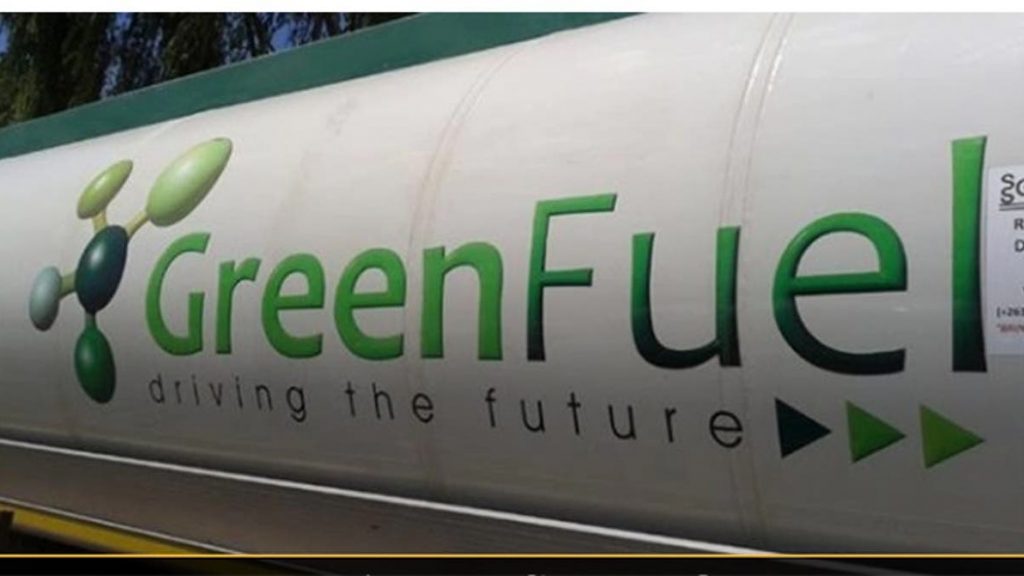By switching to biofuel from conventional gasoline, Worldwide Flight Services (WFS), a part of the SATS Group, would reduce carbon emissions from its ground support equipment (GSE) at Paris Charles de Gaulle Airport by 80%.
WFS GSE, including tow trucks, self-propelled aircraft steps, ground power units, loaders, airplane pushback vehicles, baggage belt loaders, freight transporters, and air start units, will be powered by biofuel as of this month. The airport uses these to manage more than 2,850 aircraft annually.
To support 82% of its annual GSE energy demand, WFS will use more than 400,000 liters of Biofuel HVO100 from supplier Campus, a part of Avia Group. Waste and leftovers, such as animal fat, industrial waste, and waste water, are used to make HVO 100, a renewable diesel.
In support of Heathrow’s objective for all airport vehicles to be zero-emission or employing biofuels by 2030, this most recent endeavor comes after WFS began testing HVO Biofuels at London Heathrow in July. HVO biofuel will be introduced gradually throughout the WFS fleet of 77 airside vehicles, which move about 130,000 trucks annually for airline clients at Heathrow, provided the first three-month trial involving the airside transport fleet is successful.
Tags: Biofuel, GSE Carbon Emissions, WFS



Recent Posts
Hyundai Glovis to Retrofit Seven PCTCs with Avikus AI Navigation System
Super Terminais orders three more Konecranes Gottwald ESP.10 Mobile Harbor cranes
Covestro and HGK Shipping Extend Partnership to 2040 with Focus on Wind-Assisted Vessel Retrofit
Artemis Technologies Successfully Demonstrates 100 Percent Electric Crew Transfer Vessel at Aberdeen Offshore Wind Farm
IACS Council Advances Decarbonisation, Digitalisation and Governance Priorities at C91 Meeting in Beijing
Japan Launches Major R&D Project to Advance Shipbuilding with Alternative Fuels
EU Adopts Emissions Standards for Low Carbon Hydrogen to Bolster Clean Energy Market
Trafigura to Implement ZeroNorth’s AI Platform Across Global Fleet